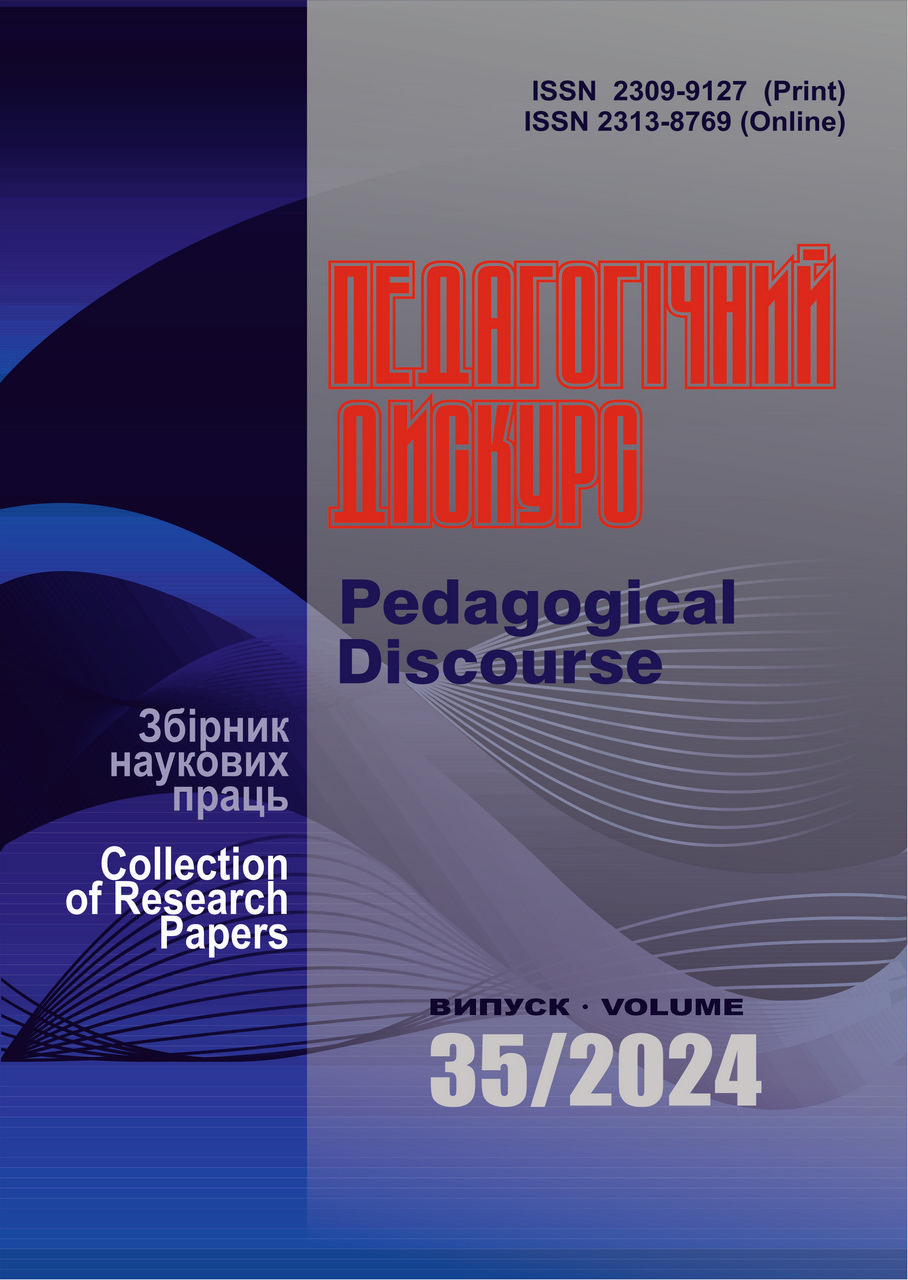Application of AI Technologies in Teaching ESL and ESP at Agro-Technical Higher Educational Institutions
Abstract
The paper is aimed to contribute to lectures’ AI readiness and their understanding of potential benefits and drawbacks of AI technologies in order to integrate AI (namely, ChatGPT) into language education. The study offers recommendations on practical application of AI in teaching English as a Second language (ESL) and English for Specific Purposes (ESP) at agro-technical higher educational institutions, namely on localizing content, personalizing materials, developing specific language skills and soft-skills, introducing profession-specific learning materials and creating a comfortable learning environment. It discusses the impact of AI on language teaching, including its problems, concerns (plagiarism, bias, ethics, inequalities) and the ways it can transform language teaching and learning practices on condition of providing the AI readiness of both educators and learners.
Downloads
References
Baidoo-Anu, D., & Owusu Ansah, L. (2023). Education in the Era of Generative Artificial Intelligence (AI): Understanding the Potential Benefits of ChatGPT in Promoting Teaching and Learning. Journal of AI, 7 (1), 52–62. [in English].
Pelletier, K., Robert, J., Muscanell, N. et. al. (2023). EDUCAUSE Horizon Report, Teaching and Learning Edition. Retrieved from: https://library.educause.edu/-/media/files/library/2023/4/2023hrteachinglearning.pdf [in English]
Fiialka, S., Kornieva, Z., & Honcharuk, T. (2023). ChatGPT in Ukrainian Education: Problems and Prospects. International Journal of Emerging Technologies in Learning (iJET), 18, 236–250. [in English].
Hatmanto, E., & Sari, M. (2023). Aligning Theory and Practice: Leveraging Chat GPT for Effective English Language Teaching and Learning. E3S Web of Conferences. 440 [in English].
Hockly, N. (2023) Artificial Intelligence in English language teaching: The good, the bad and the ugly. RELC Journal, 54 (2), 445–451. [in English].
Hong, W. C. H. (2023). View of the impact of CHATGPT on foreign language teaching and learning: Opportunities in education and research. Journal of Educational Technology and Innovation. Retrieved from: https://jeti.thewsu.org/index.php/cieti/article/view/103/64 [in English]
Instefjord, E., & Munthe, E. (2017) Educating digitally competent teachers: a study of integration of professional digital competency in teacher education. Teaching and Teacher Education, 67, 37–45. [in English].
Jones, R., & Hafner, Ch. (2021). Understanding Digital Literacies: A Practical Introduction. 2nd ed. London: Routledge. [in English].
Kohnke, L., Moorhouse, B. L., & Zou, D. (2023). ChatGPT for Language Teaching and Learning. RELC Journal, 54 (2), 537–550. [in English].
Rudolph, J., & Tan, S. (2023). ChatGPT: Bullshit spewer or the end of traditional assessments in higher education? Journal of Applied Teaching & Learning, 6 (1), 342–362. [in English].
United Nations Educational, Scientific, and Cultural Organization. (2023). ChatGPT and artificial intelligence in higher education: Quick start guide. Retrieved from: https://unesdoc.unesco.org/ark:/48223/pf0000385146 [in English].
Copyright (c) 2024 Pedagogical Discourse

This work is licensed under a Creative Commons Attribution-NonCommercial-ShareAlike 4.0 International License.

















